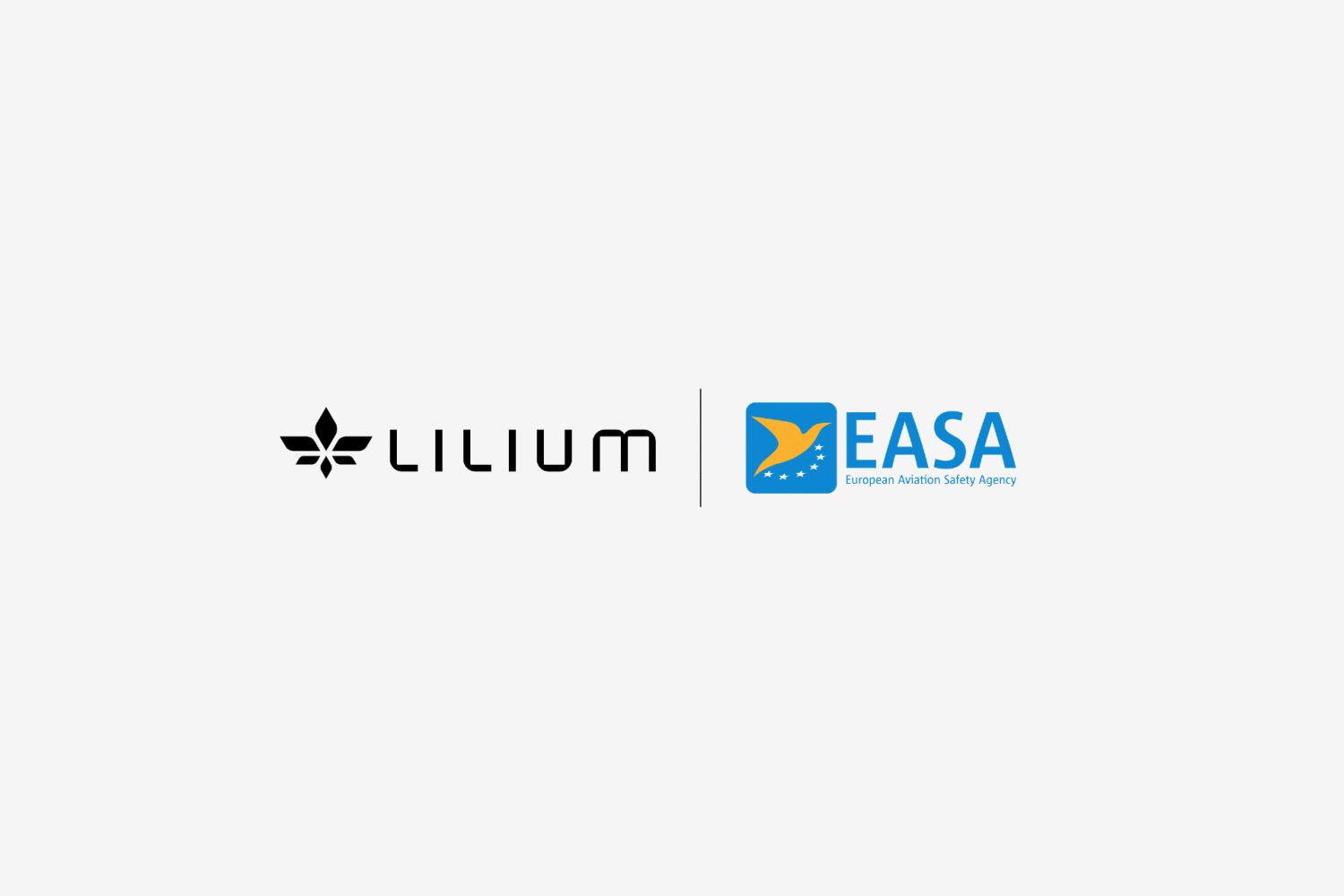
German electric vertical takeoff and landing (eVTOL) plane startup Lilium has obtained authorization from the European Union Aviation Safety Agency (EASA) that will allow it far greater flexibility and range in developing its future battery-powered air taxi toward certification.
Munich-based Lilium announced it had received the EASA’s Design Organization Approval for its continuing eVTOL activities, which it hopes to cap with certification of its air taxi and private electric jet aircraft in coming years. The development is notable for both the company and the sector’s push to bring sustainable next-generation craft into operation – though one thick in arcane administrative language and definitions.
The EASA’s explanation of its Design Organization Approval is seemingly crafted to provoke either narcolepsy or insanity. Lilium’s description of the authorization isn’t much better in calling it “a seal of quality assurance for companies in aviation design, formally acknowledging a company’s ability to design and develop safe and compliant aircraft.”
Rendered in terms actual humans can digest, the authorization essentially designates an aircraft developer’s design, wider industrial project, procedures, components, and suppliers as sufficiently sound and capable of pursuing plans on its own.
As such, Lilium may now push on with the development, testing, and preparation of its eVTOL without the usual close, recurring EASA oversight – effectively acting as its own regulatory supervisor of its air taxi’s progress toward certification and production.
For readers keen on mastering a fuller understanding of Design Organizational Approval (or garden variety masochists out there), a relatively clear definition is provided by the UK’s Civil Aviation Authority (CAA), which shares many regulatory standards with the EASA. Meanwhile, Lilium chief technology officer Alastair McIntosh hailed the development in this way:
“In simple terms, the Design Organization Approval is our License to Operate and confirms that Lilium has the organization, procedures, competencies, resources, and demonstrated rigor required to design and certify aircraft according to the very highest safety standards,” McIntosh said. “Receiving Design Organization Approval from EASA further motivates us on our path to commercialize the revolutionary Lilium Jet.”
The recognition indeed marks a major milestone – and a piece of very good news – for Lilium, which over the past year has generated more headlines with its financial difficulties than cutting-edge aviation tech.
For starters, obtaining Design Organization Approval from the EASA is a mandatory step for any eVTOL company hoping to manufacture or operate in the European Union. In fulfilling that requirement, Lilium now places itself among the leading firms working to launch air taxi services in Europe sometime after its 2025 certification target.
Meanwhile, as it has also done with the UK’s CAA, the EASA has been extending its bilateral agreements with the US Federal Aviation Administration (FAA), particularly in terms of certifying next-generation craft like eVTOLs. Advantages obtained from its Design Organization Approval in Europe, therefore, will also be applicable to Lilium’s efforts to seek concurrent air taxi and private jet certification in the US.
“In addition to European oversight, EASA’s Design Organization Approval brings significant benefits to our FAA certification process in the US by utilizing the Bilateral Aviation Safety Agreements to validate the technology and aircraft,” said Lilium chief airworthiness officer Bhavesh Mandalia.
As remarkable as the achievement is, Lilium’s receipt of the EASA’s Design Organizational Approval comes four years after fellow German eVTOL developer Volocopter received the same authorization. That difference in timing also translates into the gap between the two rivals’ air taxi rollout plans.
Volocopter’s early established lead has left it positioned to become the world’s first company to initiate air taxi service, with a planned debut during the Paris Summer Games in 2024. The company’s work towards that objective is so advanced that the sudden threat to its Olympic aerial dream isn’t coming from aeronautical engineers, air traffic controllers, or regulators, but rather the sudden, broad-based opposition from municipal politicians who say the city neither needs nor wants its ground-breaking tech in their skies.
FTC: We use income earning auto affiliate links. More.



Comments